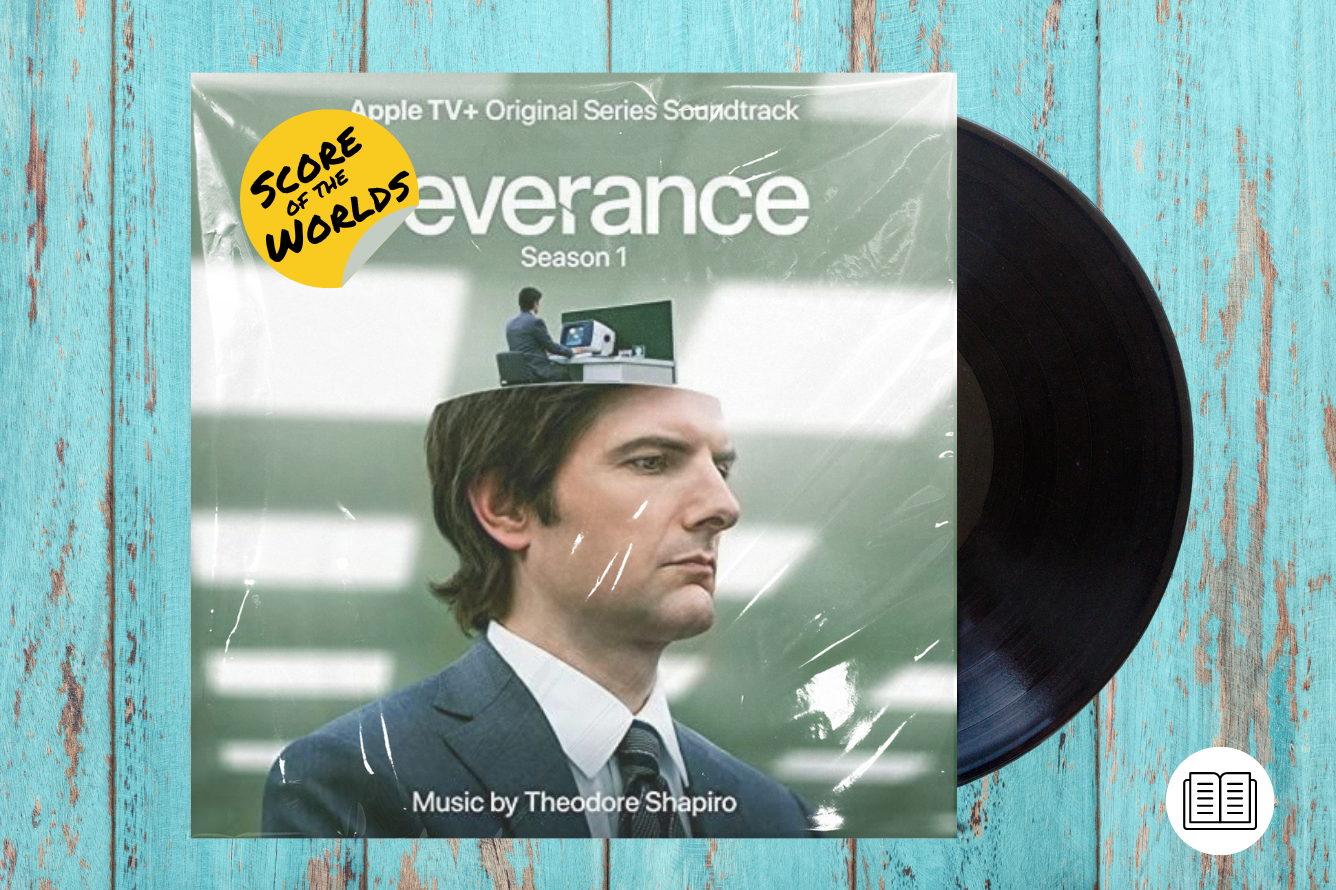Apple TV+’s Severance was one of this year’s biggest surprises, a sci-fi enigma wrapped in a deeply felt character drama, coated in a thin shell of workplace comedy.
The brainchild of Dan Erickson and directed largely by Ben Stiller (who’s already proven himself a deft navigator of comedy and drama with work like Escape from Dannemora), Severance sinks us into the bizarre world of the Lumon Corporation, where employees choose to bifurcate their memories into two distinct selves — the “innie,” whose only life and memory is the antiseptic office decor of Lumon, and the “outie,” who sails through their days knowing nothing of the work they do.
Its first season is a well-paced, thought-provoking slice of genre television, one as prescient about the vagaries of corporate culture as it is eerily stylish in its presentation. Central to that blocked-off, unsettling feeling is its mysterious, Emmy-winning score, courtesy of frequent Stiller collaborator Theodore Shapiro. Rather than take the easy route and emphasize the split worlds of the innies and outies, Shapiro chose instead to thread both of them through its curious, probing piano-centric score, anchored by a chutes-and-ladders main theme that guides you through the tumbling descent down Lumon’s many secrets. It’s a score that’s sparse, unforgiving, and full of mystery — much like the series itself.
I took the time to sit down with Shapiro to discuss how Severance stands out in his expansive career, his working relationship with Stiller, and how he pulled back from bombast when penning the music of one of television’s most gripping, watchable series.
This interview has been edited for clarity and brevity.
You’ve had such a long career, you’re something of a multi-hyphenate. You’ve dabbled in a lot of genres, but a lot of people know you best from your work in comedies and romcoms, like 13 Going on 30 (2004). Severance is obviously a much different mode; is there a different headspace you have to go through depending on genre? Or is it part of the same thing?
It really is part of the same thing. The truth is that my job is to tell the story or to help the filmmaker tell their story. I approach figuring out that sound, or that approach and how to unlock it, in the same way for a comedy that I do for a drama. It’s a funny thing; people watch a comedy, and if it’s done really well, it feels effortless. That it wasn’t the product of the same angst and decoding that you’d go through for a drama, but it really is. In many cases, it’s even more complicated.
I imagine there’s a lot of room to play there, especially in your collaborations with Ben Stiller. You’ve collaborated with him on things like Tropic Thunder (2008), where you’re still scoring for comedy, but also drawing from the musical modes of war films and their attending grandeur. There’s a lot of versatility at play there.
If you listen to Tropic Thunder, as a piece of music, there’s nothing particularly funny about it, except for maybe a couple of explicitly over-the-top moments that feel like they’re drawing on action movie tropes. But it’s not funny music, you know? It was all done really to help tell the story, which is a fun part of my job.

Right, because composing for comedy, you have to play it straight, because the comedy isn’t necessarily coming from the Mickey Mousing of the score.
Yeah, there’s nothing less funny than that. Paul Feig, who’s a wonderful director I’ve worked with a lot, put it really well: If somebody comes up to you and says, “I have the funniest joke to tell you, you’re gonna crack up,” that’s not funny. Music has to work the same way; it has to be the straight man, and deliver the moments without telling you how funny it is.
And Ben Stiller is a really solid example of a filmmaker who understands the difference between those modes. What’s he like to work with as a director of composers, his understanding of the music, and your conversations together?
He has incredible intuition and instincts about music. He doesn’t always articulate exactly why he wants what he wants, but he is somebody in who I just have so much faith in his direction. If he ever gives me a note, and it’s disappointing at first — like, I like the thing he’s noting me on — I always just remember there’s a good reason. His instincts are just that good, and I trust him so much. I credit him a great deal with Severance for helping to steer the direction of the music. I’m grateful to him.






